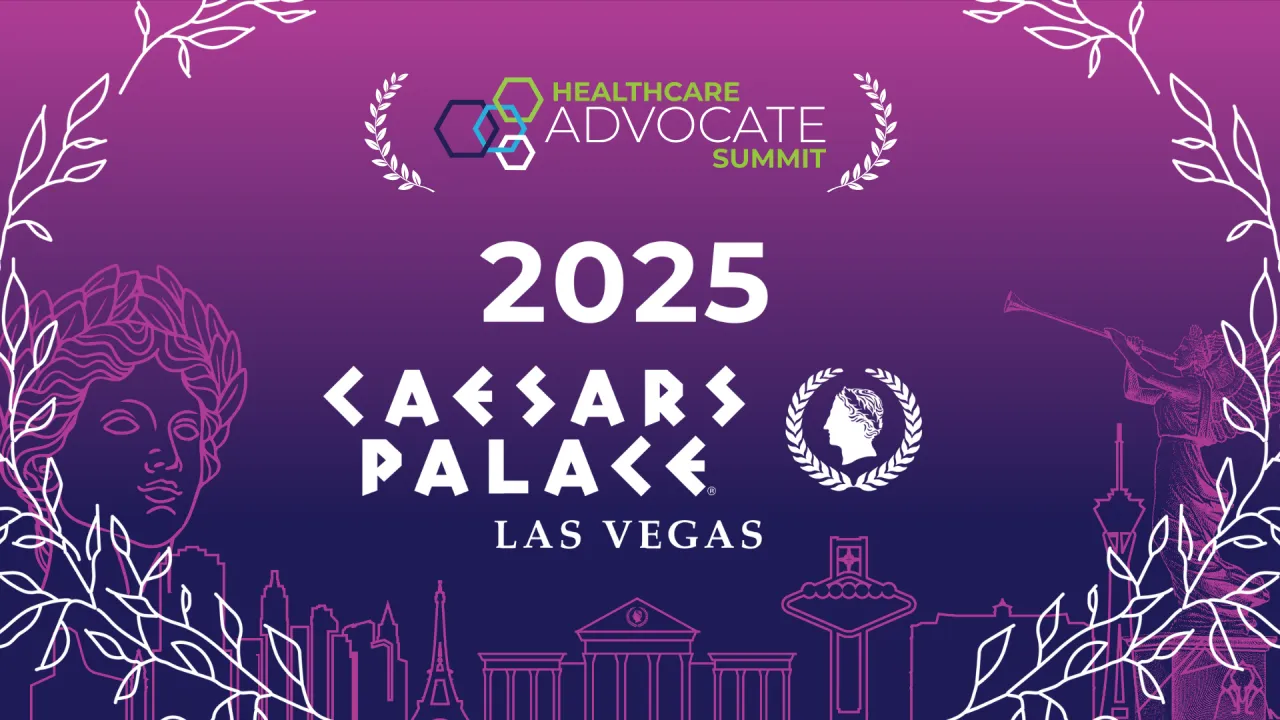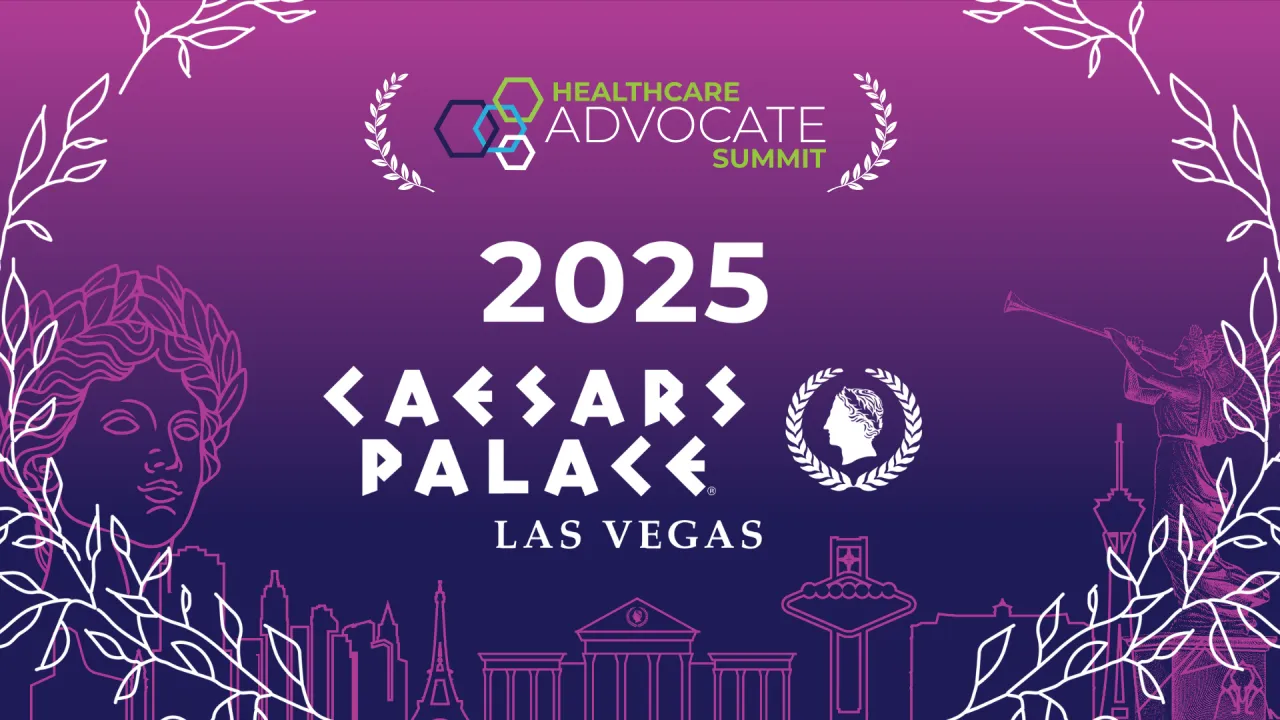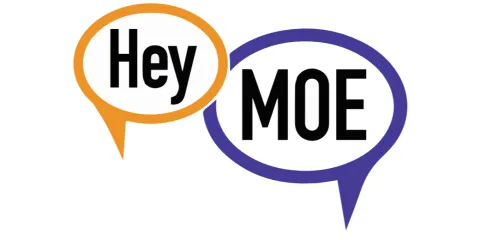

When Medicare’s Good Intentions Go Bad
Information
BCPA | 1 CEU General
Medicare was signed into law in 1965. Over 60 years, the program has evolved, with new ideas and initiatives, always with the beneficiary in mind. However, there have been some unintended consequences along the way and those can create havoc for beneficiaries.
Outpatient Observation Stay
In the beginning, observation services were short-term treatments and assessments provided to outpatients to determine whether they required further treatment as inpatients or could be discharged. The Centers for Medicare and Medicaid Services said it “should be very rare that observation services should exceed 48 hours; usually they will be less than 24 hours in duration.” But, over time, the number and length of stays increased. In 2012, the Office of Inspector General reported there were over 1.5 million stays with 166,000 lasting at least three nights.
Observation stays create many issues for the beneficiaries:
- They face Part B cost sharing, either the deductible and 20% coinsurance, or copayments.
- The hospital pharmacy is considered out-of-network for Part D.
- They likely will not qualify for a skilled nursing facility stay because they were never admitted to the hospital.
Recent developments are trying to fix some of the issues.
- Hospitals must provide the Medicare Outpatient Observation Notice to beneficiaries receiving outpatient observation services.
- Beginning in January 2025, beneficiaries can file an appeal when their status is changed from inpatient to observation.
Advocates need to know about the impact of observation stays and the options their patients and clients have.
Prior Authorization
Prior authorization was designed to:
- Ensure that treatments are medically necessary, clinically appropriate, and evidence-based,
- Help control costs, and
- Promote safe, efficient care.
But here’s what’s happened over the last decade.
- Almost 100% of those who have elected Medicare Advantage must deal with prior authorization.
- Physicians report negative impact on outcomes, care delays, treatment abandonment, burnout, delayed productivity, and unnecessary spending.
- More than 50 million requests were submitted in 2023, an average of two per enrollee.
- Nurses spend 467 hours a year on requests.
- There are many news reports about the negative impact on beneficiaries and the denial of essential care.
And new this year, 65 Incorporated has heard about prior authorization issues for Part D medications.
Since there is no way to escape authorization, this session will present some ways that Medicare Advantage and drug plan members can handle it.
The Medicare Prescription Payment Program
This new Part D initiative debuted on January 1. Initially labeled the OOP (out-of-pocket) Smoothing Program, it resembles an installment payment plan. Those who reach the $2,000 Part D cap likely will face a big bill at the pharmacy. The MPPP will allow a drug plan enrollee to pay that bill in monthly installments, spread the costs out over the year, instead of all at once.
There are many points about the MPPP that can cause massive confusion.
- Meeting the $2,000 cap is not a condition of enrollment. However, those who do not reach the cap won’t see any smoothing.
- Pharmacies must present a notice to those who meet the criteria (likely to reach the cap) but do not have to provide education.
- Because drug plan sponsors must provide education, beneficiaries with questions must contact the plan.
- Instead of paying the pharmacy, those enrolled will get monthly bills from the drug plan that may not correspond to how much they think they owe.
- If enrollees don’t pay the monthly bills, the plan can cancel participation in the program but not the drug plan.
This session will address important points that will help individuals determine whether the MPPP is for them and to navigate the program.
Objectives
- Explain two problems that beneficiaries face because of observation stays.
- Identify two strategies for dealing with prior authorization.
- List three points that drug plan members need to know about the Medicare Prescription Payment Program.

